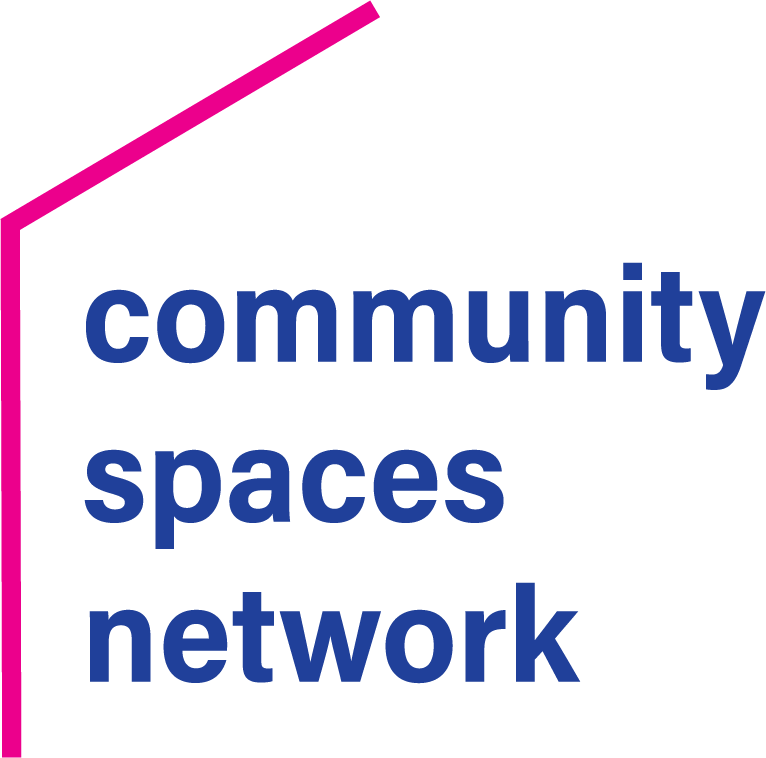Our consulting clients run the range of family and community foundations, coalitions of nonprofits, human services providers and arts organizations to name a few. We’ve found in our work that the most well received and successful community space projects engage with their neighbors early in the process and then on regular intervals during the development process.
Community engagement is crucial to creating something that is really human-centered and positively impacts your project in several ways:
- Informs the design process so that community needs are folded into your design and not an afterthought
- Strengthens your case statement to potential donors and funders
- Builds connections between your organization and the community
- Reduces NIMBYism and helps support any zoning variances needed
- You will learn many things that will inform your process and future work
Engaging your neighbors is not easy and requires care and respect and patience. Consider how you’re inviting people to be a part of the conversation. Set clear definitions and expectations around the process. Recognize that you are making a demand on people’s time and schedule convenings that coincide with likely free time. Consider providing food or other incentives and facilitating child play while the meeting is going on. Above all, be ready to meet people where they are at and to hear concerns and critiques. The reward for this work will greatly outweigh your efforts.

